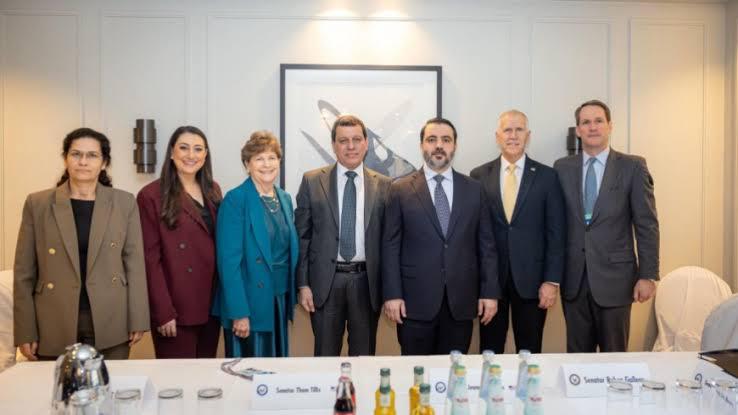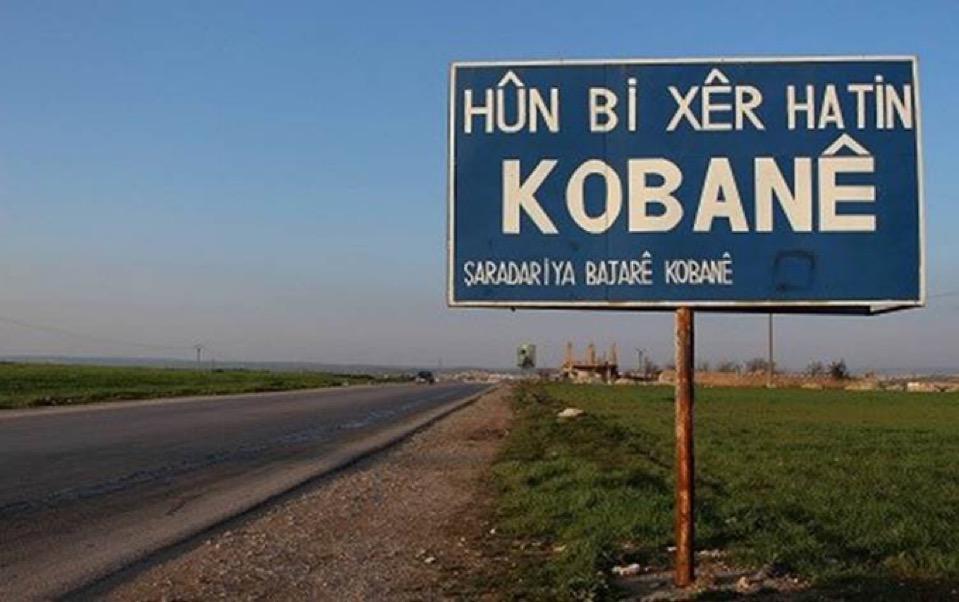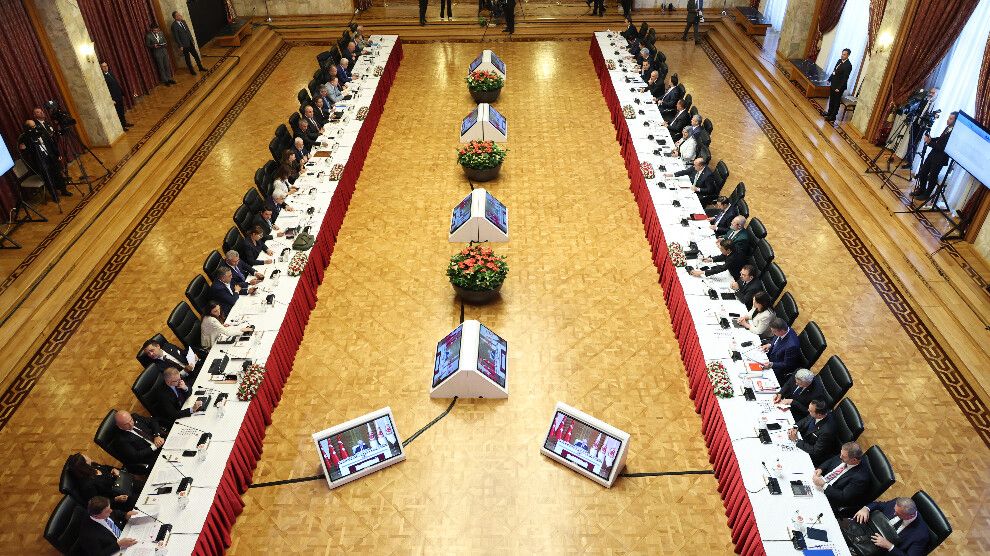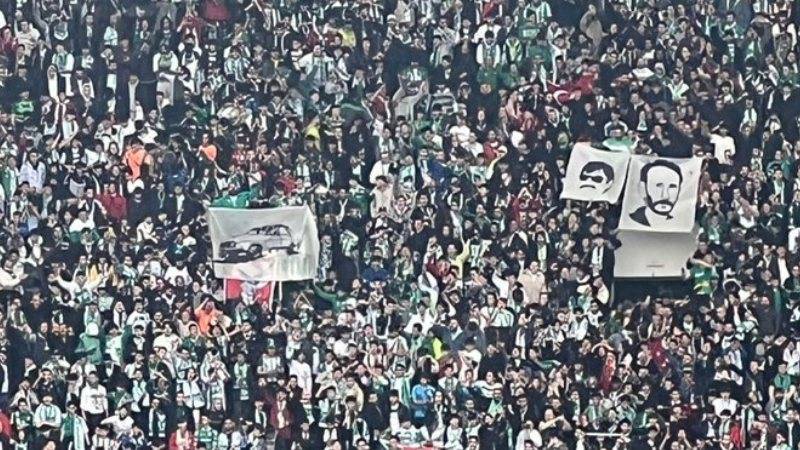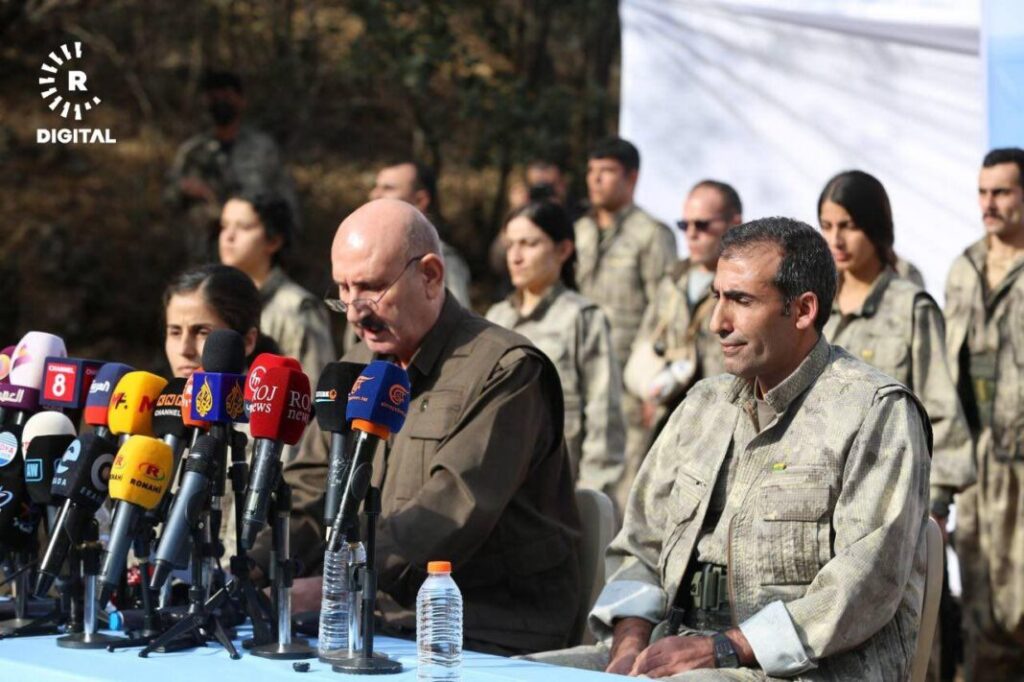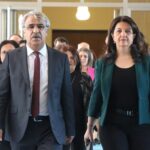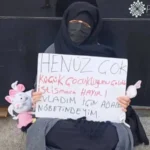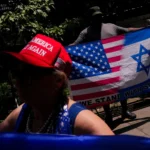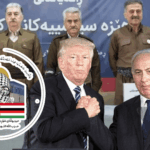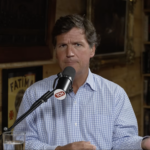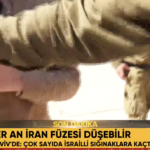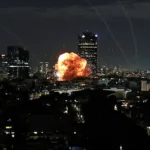Vahap Coşkun
The Turkish original of this article was published as Hendeğin arkası on 11th December 2015.
I am talking with a businessman friend of mine. He has had to close down his shop in Diyarbekir’s Sur district. He had to lay off 55 employees. Only three are still employed, and that purely in order to handle the shop’s basic necessities. He says, ‘I don’t know if I will ever be able to open it again, or just when,” he says. “The only thing I know is that it will be very difficult for these 55 people to find other jobs, and that for them and their families very hard times are ahead.”
He cites figures. During the fighting that started after June 7, 361 shopkeepers in the Sur district permanently lowered their shutters and filed official close-down notices. 56 others moved their shops elsewhere in the city. Thus, Sur has lost more than 400 workplaces in five months. The shopkeepers are knocking on all doors, asking “What can we do? What is going to happen to us?” though to no avail.
Half of Sur’s inhabitants have emigrated. For neighborhoods of heavy fighting and curfew, this ratio rises to 80 percent. Those who have had to leave their homes are desperately looking for a place to stay, with most moving to other Diyarbekir neighborhoods and seeking refuge with their relatives. Sur is where the poorest, economically the most disadvantaged people have been living. Of those who find themselves in the middle of all the guns and bombs, some are families who had earlier fled from Syria, while others just don’t have the means to go elsewhere.
A white kerchief
Another friend, this time a lawyer is narrating. He visited two families at the police station. “There is a curfew. How were you able to leave Sur?” he asked. This is what they told him:
“We called 155, the police emergency. We said, ‘At home we have no water, no food, no fuel. It is very cold. We are hungry, we are freezing. We have to get out’. They told us, ‘Go to the nearest security checkpoint with a white handkerchief in your hand. You will be able to leave that way.’ That is what we did.”
All other families have done the same. Just think, in your own birthplace, your own neighborhood, your own street, you are moved from one point to another with a surrender sign in your hand. This is sad and heartbreaking.
“Demographic change has very serious consequences,” my lawyer friend says. Having represented many families who were victims of forced migration says, he is familiar with what happened to them. “In the 1990s, when the government was forcibly evacuating many villages and condemning people to migrate, it wasn’t really thinking about the eventual outcome. ‘As long as they leave, it doesn’t matter where they go or what they do’ was its approach. Now it is PKK that has adopted the very same attitude. But those who are deprived of their homes today, will be creating problems for the PKK tomorrow. That much is certain.”
The destruction of history
Everything is getting its share of violence. A year ago, there was a happy atmosphere of hustle and bustle in Diyarbekir. The municipality, the governor’s office, NGOs…the whole city was united in the effort to put the Hevsel Gardens and the City Walls on the UNESCO World Cultural Heritage list. Finally they succeeded. Diyarbekirians felt honored. They expected a huge boost for tourism and the whole economy.
Very quickly, however, the ditches swallowed all such expectations. Ancient Diyarbekir, which used to be virtually an open air museum, is today under fire, including all its mosques, churches, museums, and old inns or hostels. The late Tahir Elçi had stepped out to protect the historical Minaret on Four Columns. Now the Paşa Bath and the Kurşunlu Mosque have burned down. Unfortunately it looks as if more will follow.
The Kurşunlu Mosque has a special place in the minds of my generation and the previous one. At the start of every school year, it would host a secondhand book and stationery market. At the time textbooks were not distributed free of charge, and were quite expensive. If a family had a number of siblings going to school, this meant quite a burden for their father. The cheapest way out was to go to the Kurşunlu Mosque, as did almost every student. We would spend a few weekends there buying our books, notebooks and stationery. Now our personal and social past has been buried under the ashes of the Kurşunlu Mosque. The war has deprived us of our memory.
The futility of politics
It is where the HDP got its highest vote that ditches have been dug and self-government proclaimed. Everything and everyone is suffering from the resulting chaos. Things are getting out of control, Sur is gradually ceasing to be a human habitat. NGOs are having talks with city leaders and politicians to stop this calamity as soon as possible, but to no avail! They have shared two major impressions with me. The first is that the civilian players involved fail to grasp the gravity of the situation and to approach it accordingly. The second is that they are wholly helpless. They don’t have the slightest influence on the PKK with regard to stopping the fighting.
Politics lies buried in the ditches. Unless it somehow manages to climb out, is not going to be possible to stop further death and destruction. And unfortunately, there are no signs of such an exit.
Yazıyı beğendiysen, patronumuz olur musun?
Evet, çok ciddi bir teklif bu. Patronumuz yok. Sahibimiz kar amacı gütmeyen bir dernek. Bizi okuyorsan, memnunsan ve devam etmesini istiyorsan, artık boş olan patron koltuğuna geçmen lazım.
Serbestiyet; Türkiye'nin gri alanı. Siyah ve beyazlar içinde bu gri alanı korumalıyız. Herkese bir gün gri alanlar lazım olur.




